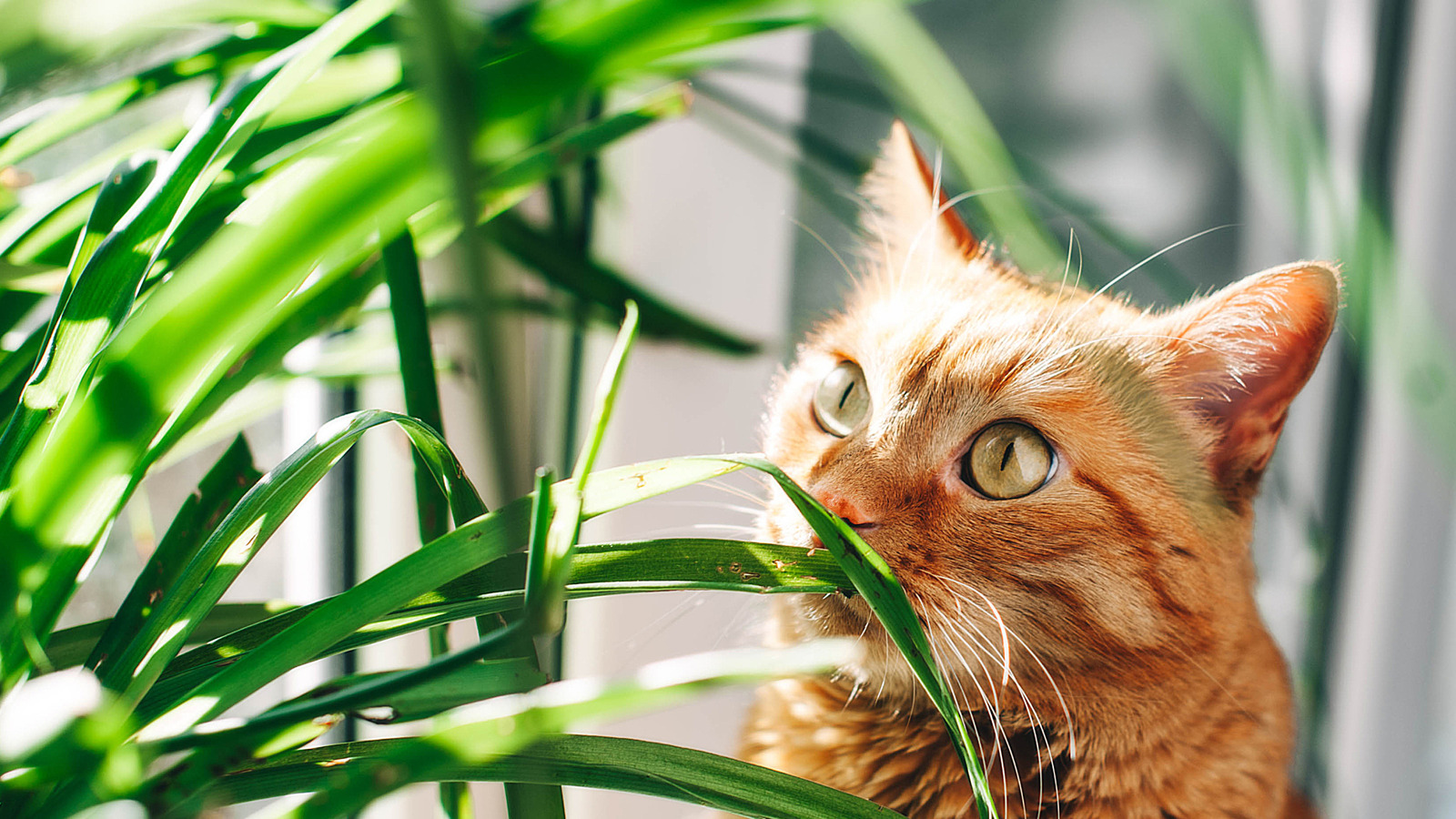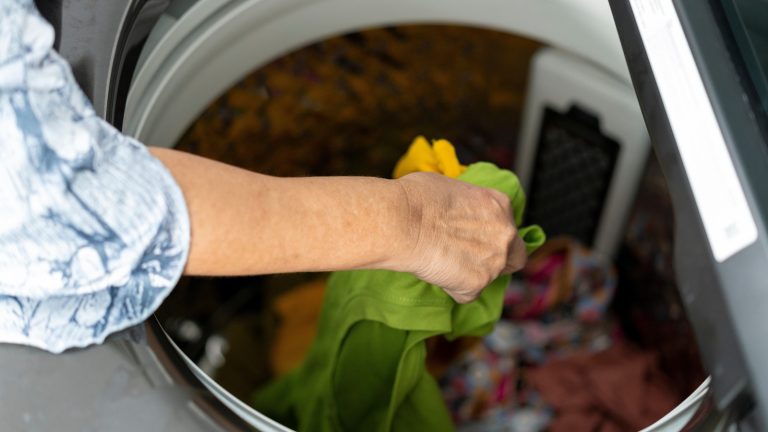
The Easter lily is a stunning aromatic flower deeply connected with the Christian Easter tradition. Often referred to as the “white apostle of hope,” it symbolizes purity and holds a special place in many hearts. Even ancient cultures, such as the Egyptians, revered this white-crowned bloom. As the spring holidays approach, Easter lilies are commonly found in homes, their strong fragrance evoking the season’s emotional essence. However, if you’re a cat owner, this particular lily species should be avoided at all costs. They pose a significant threat to cats, being extremely toxic and potentially deadly. Every part of the Easter lily, from the stem and leaves to the flower itself and its pollen, is poisonous to cats.
Therefore, it’s simply unsafe to have Easter lilies in your home if you have a cat. Even if you attempt to place them out of reach, there’s always the risk of leaves or petals falling, or your cat ingesting pollen while grooming. Even a tiny amount of exposure can be fatal, making it illogical to introduce such a hazard to your feline friend.
What to do if your cat ingests part of an Easter lily, and what flowers to enjoy instead
Ingesting any part of an Easter lily can lead to kidney failure in cats, with symptoms of poisoning appearing within six to twelve hours. Be vigilant for signs like dehydration, vomiting, reduced appetite, and lethargy. More severe indicators include staggering, disorientation, and even seizures. There’s no antidote for lily poisoning, so immediate veterinary attention is crucial to improve your cat’s survival chances.
If you suspect your cat has interacted with an Easter lily, contact your vet right away and follow their guidance. Emergency pet services may be necessary if your vet is unavailable, although they can be costly. Interestingly, while Easter lilies are harmless to dogs, they are extremely toxic to cats. It’s best to keep them out of your home entirely, and if you receive one as a gift, avoid bringing it inside.
Consider opting for other springtime flowers that are both beautiful and pet-safe, such as grape hyacinth, pansies, petunias, impatiens, alyssum, and cornflowers. As houseplants, orchids, cast-iron plants, and spider plants are excellent choices, along with catnip or cat grass for your feline’s enjoyment.






